
In American and British English, there are some words and phrases with grammatical differences; one form being preferred in American English and another in British English, some words are spelled differently, and then there are some words which, though they mean the same thing, are completely different words. Below I've listed several common words in both American and British English. You may find yourself writing - or reading - a novel set in England, have a scene in a book with a British character or two, or simply find the following interesting, and maybe a little fun!
American vs. British
apartment = flat
argument = row
baby carriage = pram
backpack = rucksack
band-aid = plaster
bathroom = loo or WC (water closet)
can = tin
checking account = current account
cookie = biscuit
corn = maize
cotton candy = candy floss
cupcake = fairy cake
diaper = nappy
elevator = lift
eraser = rubber
flashlight = torch
fries = chips
gas = petrol
guy = bloke, chap
highway = motorway
hood (car) = bonnet
jello = jelly
jelly = jam
kerosene = paraffin
lawyer = solicitor
license plate = number plate
loose change = slummy
lucky = spawny
mail = post
motor home = caravan
movie theater = cinema
muffler = silencer
napkin = serviette
nothing = nought
overpass = flyover
pacifier = dummy
pants = trousers
parking lot = car park
period = full stop
pharmacist = chemist
police officer = bobby
popsicle - ice lolly
potato chips = crisps
rent = hire
sandwich = butty
sidewalk = pavement
soccer = football
soda, pop - fizzy drink
stuffed animal = cuddly toy
sweater = jumper
trash can = bin or dust bin
truck = lorry
trunk (car) = boot
underwear = smalls
vacation = holiday
vest = waistcoat
windshield (car) = windscreen
zip code = postal code
Mmm...I think for lunch I'll make myself a bitty and have a fizzy drink. And as soon as I finish typing this sentence, you'll notice that I've used a full stop.


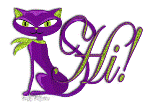



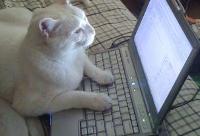









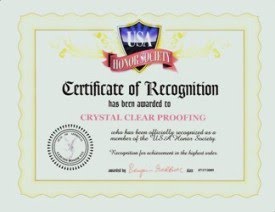









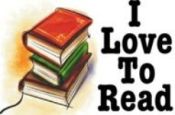
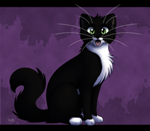
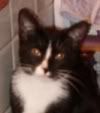
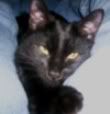







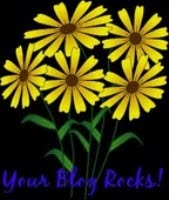






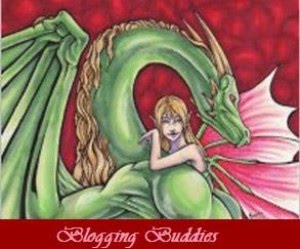











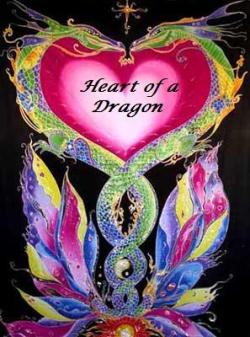


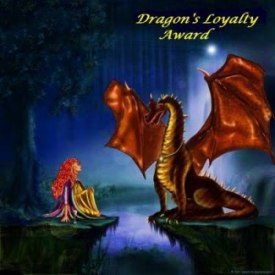





This is great! I've been waiting for you to do this one.
ReplyDeleteThanks for that list, Crystal. No wonder I was a tad confused when I visited London (and I thought it was just jet lag).
ReplyDeleteThat's right - if you say you need the bathroom in England, they'll look at you funny and ask why you need to bathe! (I know this from experience!)
ReplyDeleteAnd don't forget 'fag' has a different meaning - a cigarette. Plus getting drunk is getting pissed there.
Neat stuff. I have an English guy in one of my WIP's that's set in America and will save this list to add some realism to dialog interchanges. It's also inetersting to note the different way the Brits and Americans spell the SAME words. Like "honour" vs "honor" and "Flavour" vs "flavor" for instance.
ReplyDeleteMarvin D Wilson
CC: Actually I do plan doing a post one day on the grammitical differences between the two also, but I thought this would be fun!
ReplyDeleteAlan: LOL! :)
Karen: I like that one too! Some are actually quite fun and "catchy" like "nappy!"
Diane: Kind of like their meaning of "bloody," being an expletive. So intersting really, the difference in terms used...
Marvin: That's another post I plan on doing one day. This entire topic, for some reason, just fascinates me. The grammar, spelling and differences in words.
Growing up in an English-heritage household I was aware of all of these; add to that my attendance at a very English private school (situated in Canada, though) and you'll understand why I have no problem with British vocabulary! Considering my WIP takes place in England, this is hopefully a good thing.
ReplyDeleteElspeth
Love the list! I participate in a few international forums and it is funny how you can say the same thing and mean something different. We also joke about the American fear of the letter U (color vs. colour, etc).
ReplyDeleteThere are even some grammar things. I would say "He was sitting" and my friend Tara (from Wales) would say "He was sat".
And if you want to get REALLY wacky, you ought to hear what the Aussies do (nearly everything in the English language has a dirty interpretation-that is the one they go with)
Good one!
ReplyDeleteI had some of this stuff drilled into me when I worked (briefly) for a London magazine. Then I was messed up back in the States and anytime I tried to spell a word that had a different British spelling. :)
Elizabeth
Mystery Writing is Murder
It is amazing how many variations on the English language there are. I'm currently having a book edited for an American publisher and I was asked if I wanted American or British English. I thought both options were a bit odd given I'm an Australian and we mangle the language our own way. Thanks for the list.
ReplyDelete